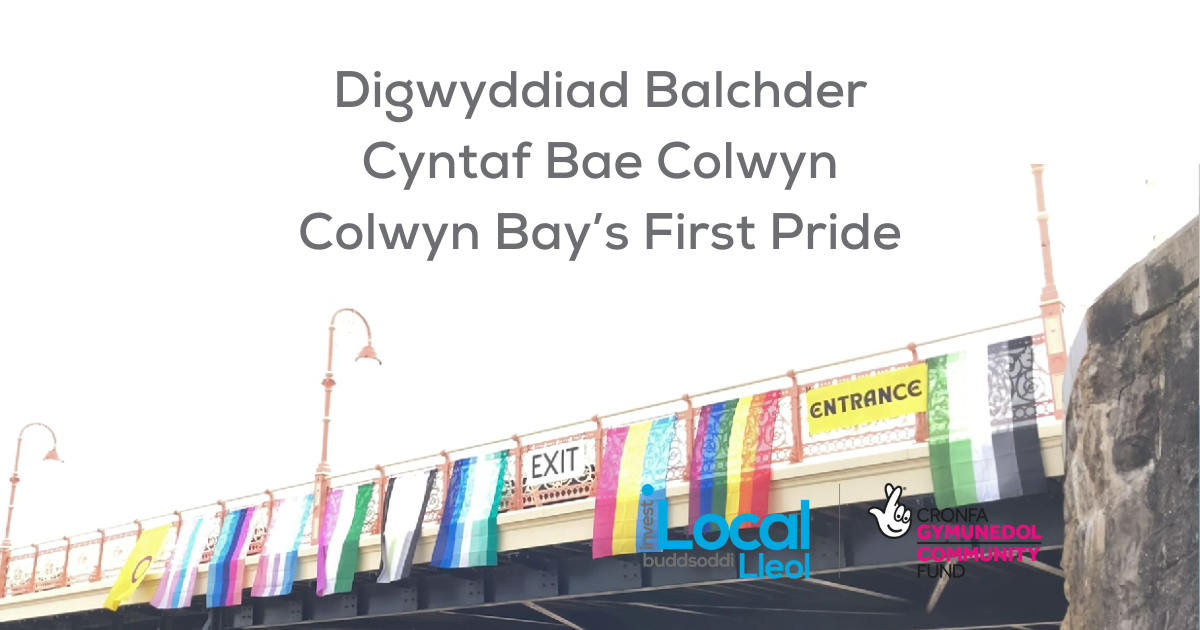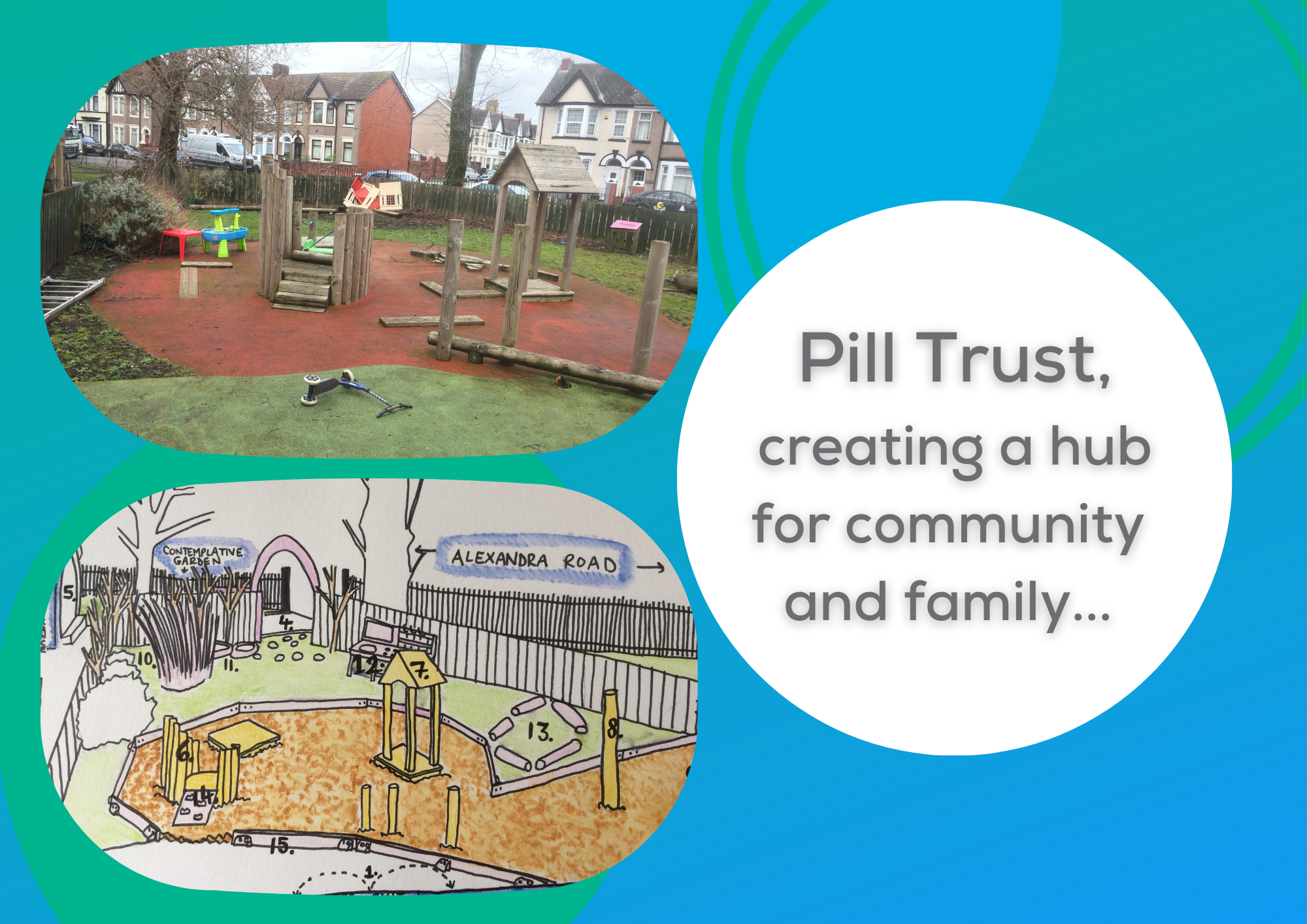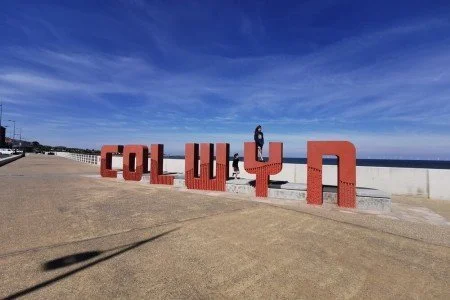GUEST POST: BUILDING EMPOWERED TOWN COMMUNITIES IN WALES
A guest post by Rebekah Menzies, Policy and Development Officer, Carnegie UK Trust
There is a shift occurring in our public services. This shift is characterised by a recognition that traditional ‘top down’ approaches can no longer solve the complex social problems that we face as a society. Instead, the state needs to play a more facilitative and enabling role which empowers individuals and communities to have more control over their personal wellbeing and our collective wellbeing as a society.
The Carnegie UK Trust has been exploring this shift thorough our work on the Enabling State since 2012. We have worked with charities, local government and devolved governments across the UK to better understand this shift, and identify policy tools to encourage individual and community empowerment.
Empowerment was a key theme that emerged from a series of discussions we convened in Wales earlier this year, in partnership with WCVA. As part of our work on ‘Turnaround Towns’, we brought together key towns stakeholders in two Welsh towns – Merthyr Tydfil and Llandudno Junction – to discuss the challenges and opportunities for towns in Wales. Our new report sets out the key themes that emerged from our discussions, and provides recommendations for Welsh and local government, the business and voluntary sectors, and individuals and communities with an interest in the wellbeing of their towns.
Participants at both discussions focused on the need for communities to have a real and meaningful role in the development and governance of their towns over the long-term. While there were exampled shared of success, this is largely the exception, not the norm. Much of the discussion lamented broken models of engagement – where communities are ‘consulted’ on decisions that have already been made, and changes are ‘done to communities,’ rather than with and for. Sound familiar?
Our discussions identified that community engagement should happen differently across diverse places in Wales, reflecting the individual circumstances and unique identifiers of place. The language used to engage is also important. Approaching engagement from a perspective of fixing a problem damages local narratives, and only exacerbates existing barriers to engagement. Instead, engagement approaches need to focus on a community’s assets, strengths and positive attributes to be successful.
Participants noted that it was time to move beyond simply engaging with communities, to models of community ownership, and ultimately greater community empowerment. There is a role here for local government in Wales to support people to have a meaningful and empowered role in their community. This could include, for example, developing business and management skills to run community-owned assets.
The community empowerment agenda is strong in Wales. Welsh Government announced earlier this year that new programmes to follow the phase out of Communities First will focus on empowerment, to build greater community resilience. As Chris Johnes, Chief Executive of Building Communities Trust recently reflected in a blog, “[t]he need and potential for communities, led by local organisations and businesses, to take on a greater role in maximising their own wellbeing is now widely recognised.”
If we move past the ‘implementation deficit’, there is a real opportunity to grow resilient and empowered local communities across towns in Wales.
Along with WCVA, the Trust welcomes engagement with towns stakeholders in Wales to support the recommendations identified in this report. The report is also available to download here in Welsh.
As a direct consequence of the ‘Supporting local places and local people: Opportunities and challenges for Welsh towns’ report, the Carnegie UK Trust and Welsh Government will work together to address the critical need to improve the data and evidence base available about Welsh towns.
A new data platform, ‘Understanding Welsh Places’ (UWP) will collate data-driven insights that will inform national and local policy decisions and help communities to better understand how they can reach their potential. The project will result in a mobile, interactive tool that anyone can use to draw data-driven conclusions about their town and how it compares with others. A Consortium of partners in Wales will develop the project, coordinated by the Institute of Welsh Affairs (IWA). The new tool will build on learning from a successful platform in Scotland, Understanding Scottish Places .

































